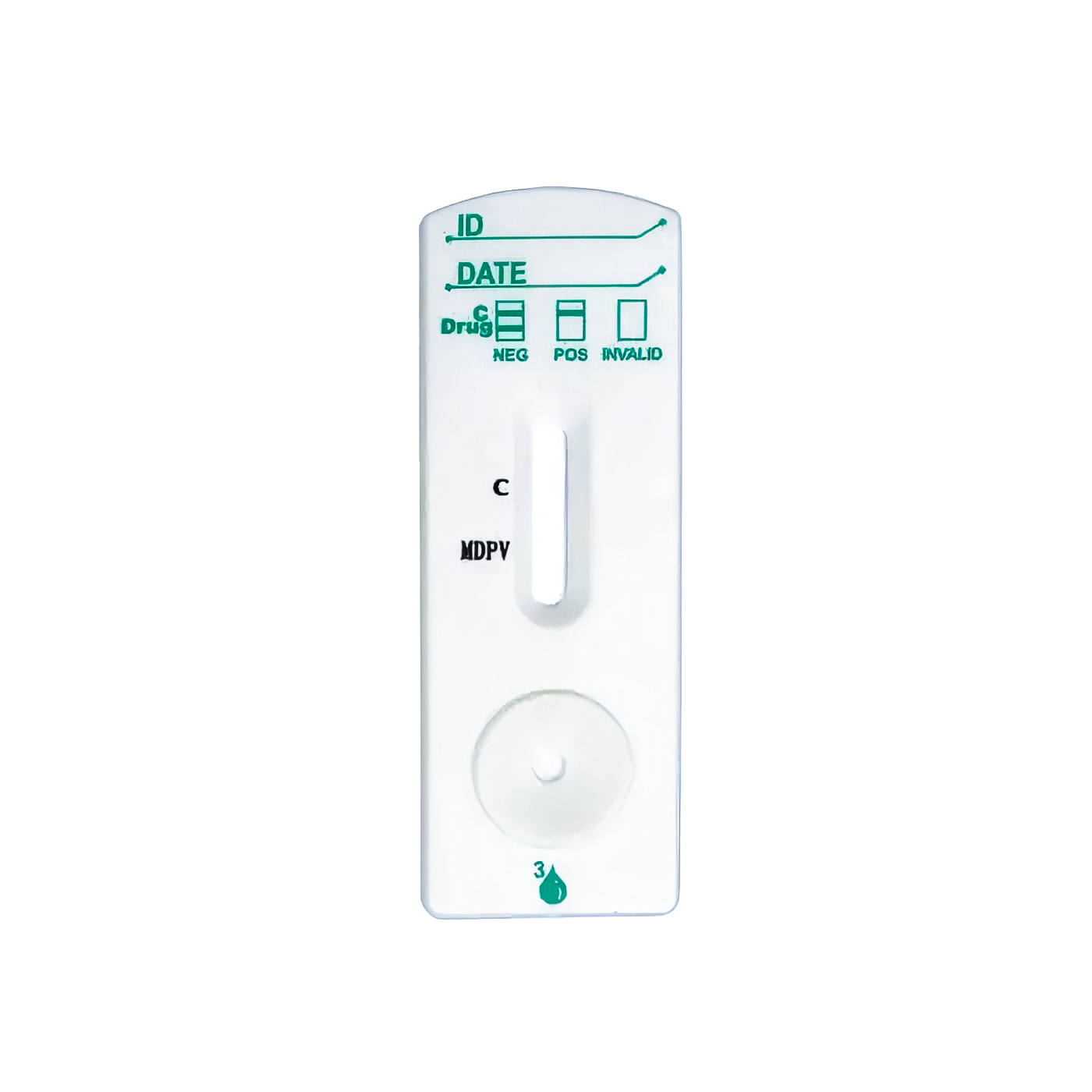Significance of Drug Testing in Manufacturing
The manufacturing industry has long considered drug testing an integral part of its employment process. Ensuring a drug-free workplace is critical in reducing workplace accidents and maintaining overall productivity. The stringent nature of manufacturing environments necessitates a keen focus on safety, where even a minor oversight can lead to catastrophic outcomes.
Safety Implications
Safety is of paramount importance in manufacturing, and pre-employment drug tests are often justified by the need to prevent accidents. According to various industry reports, manufacturing ranks third among all sectors requiring drug testing, primarily due to the high-risk nature of the work involved.
Historical Overview of Drug Testing in Industry
Drug testing became more prevalent in the 1980s as part of broader efforts to combat drug abuse in workplaces across America. Over the decades, the implementation of pre-employment drug testing has taken on various forms, dictated by evolving legal and social dynamics.
Evolution and Changes
Initially, drug testing focused on a wide range of substances. However, with societal changes and shifting perceptions about certain drugs, such as marijuana, many manufacturers have had to reassess their policies to align with these new realities.
Current Trends in Pre-employment Drug Testing
In recent years, the prevalence of drug testing has been influenced by legislative changes and social acceptance of certain substances. Manufacturers continue to adapt their policies to align with these trends while ensuring custom safety protocols.
Statistical Insights
Current data reveal that positivity rates in drug tests have reached a 15-year high in certain sectors, indicating a need for manufacturers and suppliers to stay vigilant. In the manufacturing industry alone, the positivity rate was 4% in 2020, up from 3.4% four years earlier.
Impact of Marijuana Legalization on Testing Policies
The legalization of marijuana in many states has significantly impacted drug testing policies within the manufacturing industry. Employers are finding it increasingly challenging to balance safety concerns with legislative changes.
Employer and Employee Perspectives
While employers must mitigate risks associated with impairment, employees seek fair treatment regardless of their off-duty conduct. As a result, many companies are reconsidering the substances they test for, opting to treat marijuana similarly to alcohol in states where it is legal.
Safety Concerns and Workplace Incidents
Despite the evolving attitudes towards certain drugs, safety remains a critical concern for manufacturers. Drug and alcohol misuse can lead to judgment lapses, thereby increasing the likelihood of workplace incidents.
Cost of Workplace Accidents
Incidents related to substance abuse can result in substantial financial losses. These include direct medical costs and indirect impacts like increased insurance premiums and disrupted operations.
Balancing Employee Rights and Employer Responsibilities
The conversation around drug testing policies must consider both employer responsibilities and employee rights. Ensuring a fair and non-discriminatory workplace is as important as maintaining safety standards.
Legal Obligations
Employers must navigate a complex landscape of federal, state, and local laws when implementing drug testing policies, ensuring compliance and avoiding potential legal challenges.
Challenges of Maintaining a Drug-Free Workplace
While maintaining a drug-free workplace is crucial, it is not without its challenges. Employers must effectively communicate policies and ensure they are perceived as fair and transparent.
Developing Effective Policies
An effective drug testing policy requires clear communication and consistent enforcement. Employers must involve legal experts to create policies that reflect the current legal landscape while maintaining workplace safety.
Benefits of a Flexible Drug Testing Policy
Implementing a flexible drug testing policy can help manufacturers remain competitive in the job market. A balanced approach can attract a wider talent pool without compromising safety.
Custom Approaches to Testing
Customizing testing protocols to reflect the specific needs of a manufacturing environment can enhance both recruitment and retention, ultimately benefiting the company’s bottom line.
Industry-Specific Drug Testing Requirements
Manufacturing is just one of many industries that implement pre-employment drug testing. However, the specific requirements can vary significantly between sectors, influenced by their unique safety and legal considerations.
Variance by Sector
Different manufacturing sectors may require varied testing approaches depending on their operational risks and regulatory environments, underscoring the need for tailored strategies.
Future Outlook: Evolving Drug Policies in Manufacturing
As societal attitudes and legal frameworks continue to shift, the future of drug testing in manufacturing will likely involve more nuanced policies that better reflect contemporary realities.
Technological and Regulatory Changes
Advancements in testing technology, alongside changes in state and federal laws, will shape future drug testing protocols, helping manufacturers maintain safe environments while adapting to societal changes.
Hysen Provide Solutions
In response to these complex issues, Hysen offers comprehensive drug testing solutions tailored to meet the needs of manufacturers. Our services ensure compliance with current regulations while promoting a safe workplace environment. By providing customizable testing options, we empower companies to maintain high safety standards without limiting their recruitment potential. Partner with Hysen and secure peace of mind in your operational safety and efficiency strategies.
User hot search: Pre-employment drug screening
Post time: Jul-25-2025
















